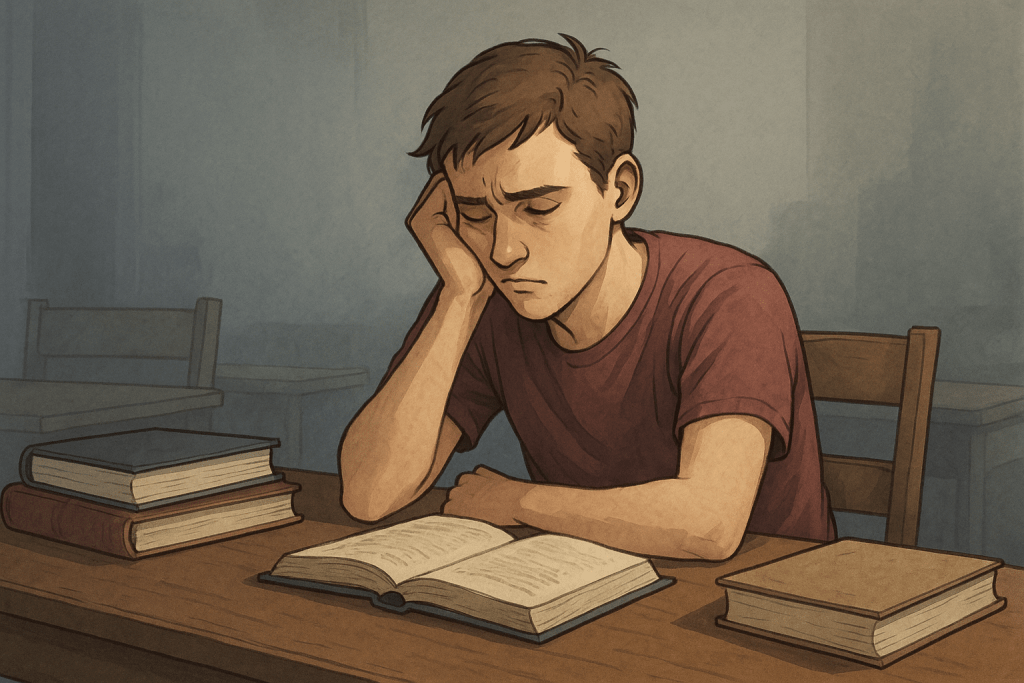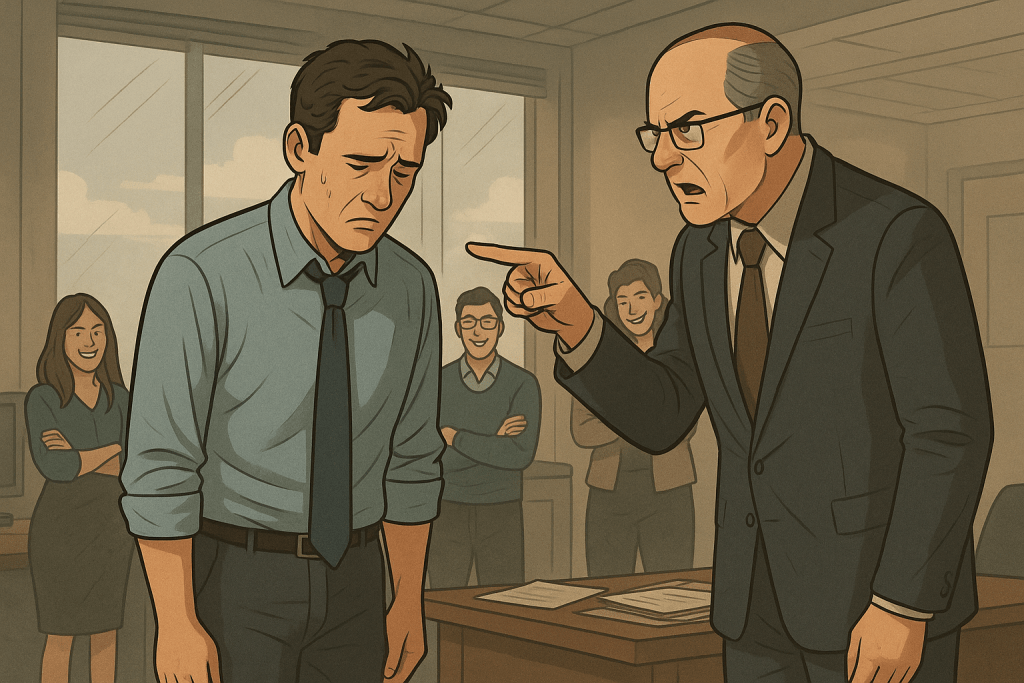Let’s be honest.
We’ve all felt it. That tiny spark of joy when someone else stumbles, when the mighty suddenly fall, when the person who seemed untouchable finally cracks.
Celebrity Scandals and the Public’s Applause

A few years ago, a famous star was caught in a scandal that wiped out their career almost overnight. One day they were on every billboard, the next they were erased. And what did people do? They cheered. Comment sections lit up with lines like, “I knew it,” and “Serves them right.”
Maybe the scandal was true, maybe it wasn’t. That didn’t matter. What mattered was the feeling of watching someone so high up come crashing down. It was entertainment disguised as justice. Their downfall became our evening drama.
The Old Classmate

I had a classmate in high school who always acted like he was better than the rest of us. Top grades, teachers adored him, always showing off family money online. It was infuriating to watch.
Years later, I heard rumors that he dropped out of college after a messy breakup. I’ll admit it—I felt a rush of satisfaction. “Finally,” I thought, “he’s not so perfect after all.” For a moment, it felt like I had won. But then it hit me: nothing in my life had changed. His failure didn’t lift me up. All I had was a fleeting smirk and the same old problems.
The Office Example

Workplaces are full of this too. The ambitious coworker who always gets praised? When they slip up in front of the boss, people secretly smile. “See? You’re not untouchable.” But again—did anyone’s career suddenly improve? No. All that Schadenfreude really does is distract us from our own growth.
Why Do We Feel This Way?
We are wired to compare. When someone else falls, we feel taller by default. Our brains even reward us with a quick hit of dopamine—it’s like a cheap drug. A dirty little thrill that convinces us, for a moment, that the world is fair again.
The Problem With This Cheap Thrill
Here’s the truth: Schadenfreude doesn’t actually help us. In fact, it chips away at us. The more we feed on other people’s failures, the more sensitive we become to our own. We measure ourselves constantly, and each comparison leaves us feeling smaller. Instead of building our own lives, we waste energy enjoying someone else’s collapse.
Conclusion
Schadenfreude feels sweet in the moment. But it’s poison dressed as candy. Because in the end, the person most damaged by this habit isn’t the celebrity, or the classmate, or the coworker. It’s us.
The Psychology of Internet Trolls – Sadism Behind the Screen
